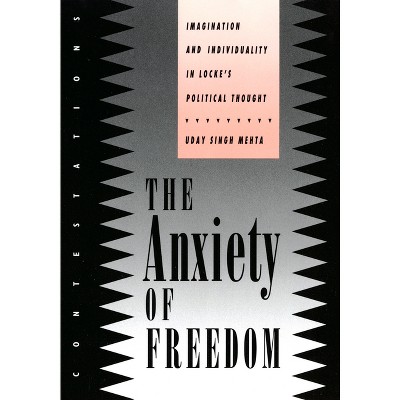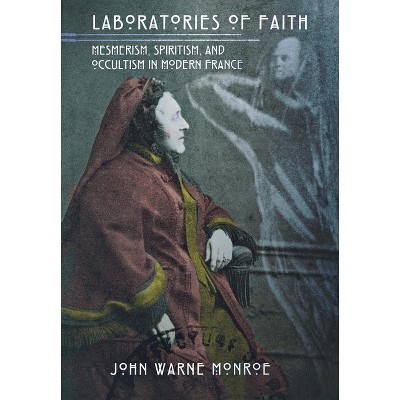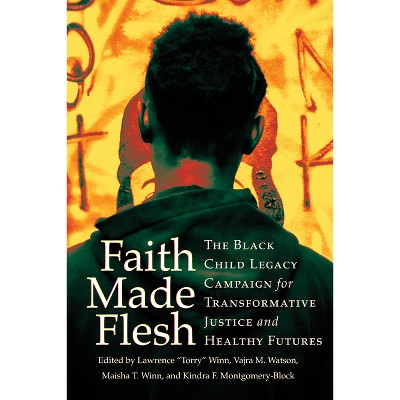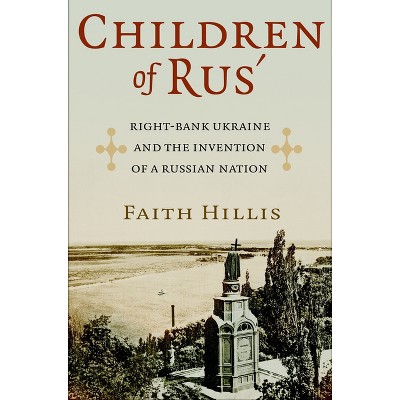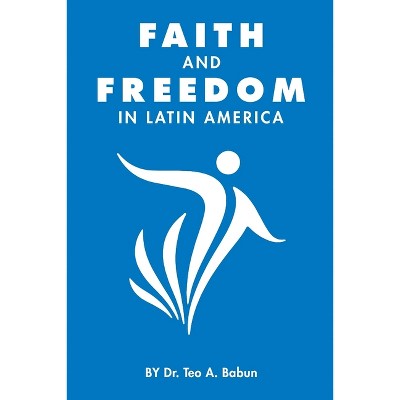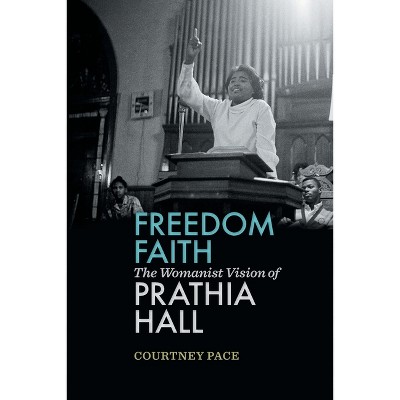About this item
Highlights
- In Faith in Freedom, Andrew R. Polk argues that the American civil religion so many have identified as indigenous to the founding ideology was, in fact, the result of a strategic campaign of religious propaganda.
- About the Author: Andrew R. Polk is Associate Professor of History at Middle Tennessee State University.
- 270 Pages
- History, Modern
Description
About the Book
"An investigation of the use of religious propaganda by the Franklin Roosevelt, Harry Truman, and Dwight Eisenhower administrations and their allies during World War II and the early Cold War to unite Americans behind their preferred policies"--Book Synopsis
In Faith in Freedom, Andrew R. Polk argues that the American civil religion so many have identified as indigenous to the founding ideology was, in fact, the result of a strategic campaign of religious propaganda. Far from being the natural result of the nation's religious underpinning or the later spiritual machinations of conservative Protestants, American civil religion and the resultant "Christian nationalism" of today were crafted by secular elites in the middle of the twentieth century. Polk's genealogy of the national motto, "In God We Trust," revises the very meaning of the contemporary American nation.
Polk shows how Presidents Franklin D. Roosevelt, Harry S Truman, and Dwight D. Eisenhower, working with politicians, advertising executives, and military public relations experts, exploited denominational religious affiliations and beliefs in order to unite Americans during the Second World War and, then, the early Cold War. Armed opposition to the Soviet Union was coupled with militant support for free economic markets, local control of education and housing, and liberties of speech and worship. These preferences were cultivated by state actors so as to support a set of right-wing positions including anti-communism, the Jim Crow status quo, and limited taxation and regulation.
Faith in Freedom is a pioneering work of American religious history. By assessing the ideas, policies, and actions of three US Presidents and their White House staff, Polk sheds light on the origins of the ideological, religious, and partisan divides that describe the American polity today.
Review Quotes
Drawing together the big themes of identity and religion in the Cold War period and exploring the complexity of institutional interactions, race and societal change, Polk's work may serve as a partial contextual foundation for both a non-academic and undergraduate audience in providing a framework tracing the production of current political divisions in America that are more often than not cast as expressions of national religious heritage.
-- "Journal for the Academic Study of Religion"Faith and Freedom is a thoughtful and absorbing study of an important and timely subject. Polk's writing is clear and accessible.
-- "Church History"[A] well-researched, cogently argued book[.]
-- "Choice"About the Author
Andrew R. Polk is Associate Professor of History at Middle Tennessee State University.
Shipping details
Return details
Trending Non-Fiction







